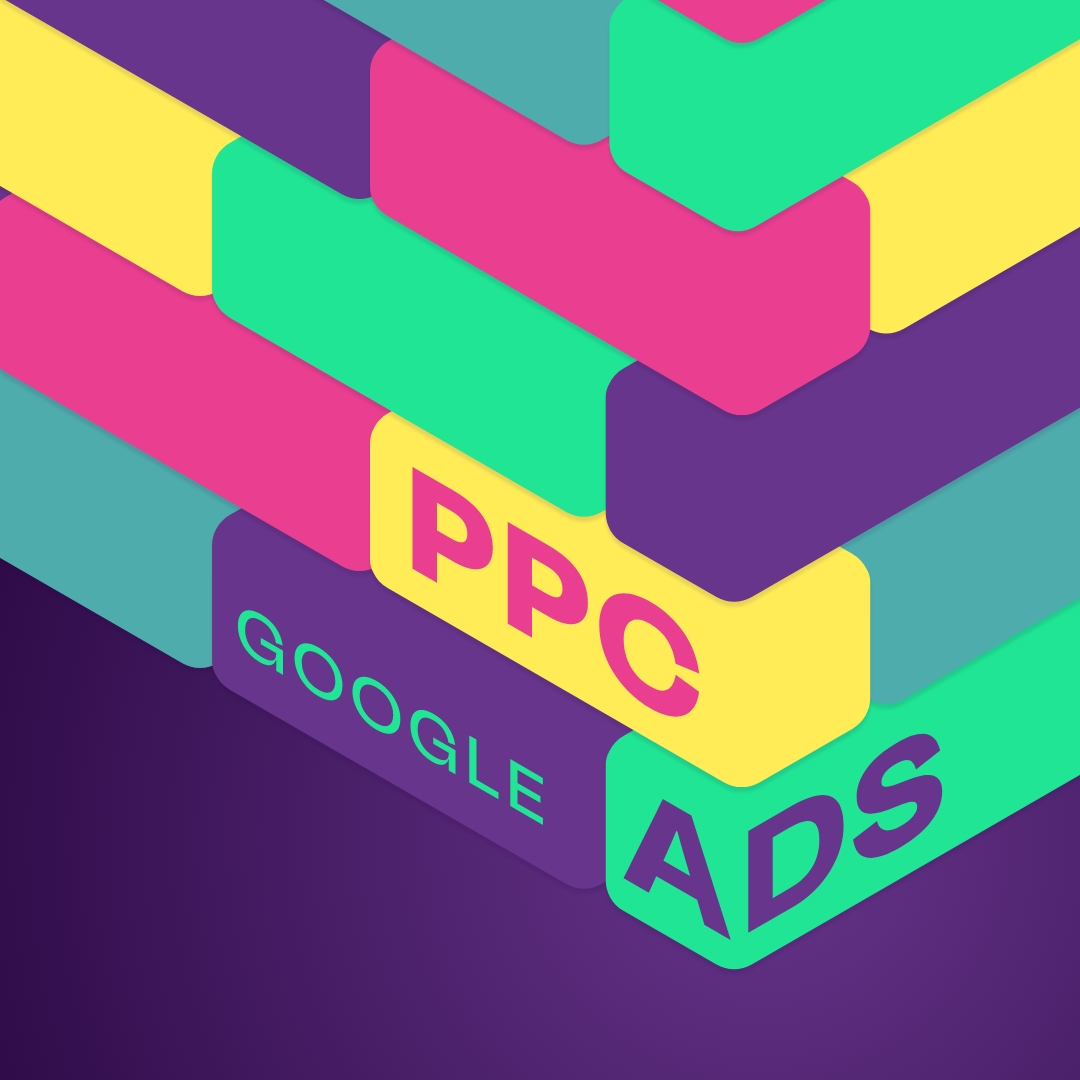Performance marketing is a data-driven approach to digital marketing where clear goals like clicks, leads or sales measure success. It focuses on actions that can be tracked and improved using key performance indicators (KPIs).
To help you understand the gist of performance marketing, we like to refer to this historic quote from John Wanamaker:
If John were alive today, he’d know which half of the money he’s spending is wasted. If you want to be part of the half that works, you need performance marketing or, better yet, a performance marketing agency.
In this blog, you’ll understand what performance marketing is and why you should use it for your future campaigns.
Prefer watching over reading?
We recently released a 3-in-3 (Trio’s podcast) on the same topic. Let us know your thoughts in the comments section.
Performance marketing explained
“Performance marketing is marketing that drives results, and it’s any activity that can be clearly measured, tracked and reported on,” said Claire, our CEO. At Trio, we see performance marketing as a results-first approach to digital marketing, which includes services like SEO, Google Ads and paid social.

To put it simply, performance marketing is about knowing where your results come from, whether it’s clicks, sales or leads.
This approach ensures you stick to your strategy while getting a higher return on investment (ROI). For example, you might pay when someone clicks your ad, or invest time getting your website to rank on Google. Either way, you’re making your budget work harder and smarter.
What are the benefits of performance marketing?
Keeps your costs low
As Jamie-lee, our Head of Operations, mentioned in our podcast, “Performance marketing is heavily data-driven,” so you always know where your money is going. Every campaign is tracked down to the smallest detail, meaning you can see how much you’re spending and what you’re getting back in return.
This detailed tracking is also important for SEO. For example, when researching keywords, you see that some keywords are driving organic traffic with high conversion rates. In that case, you can invest more time and effort in optimising those areas, giving you a better ROI without needing to spend extra.
Tracking and reporting will help you, as a business, and us, as a performance marketing agency, make budgetary decisions based on performance.
You can change things up
Campaigns can be easily tweaked or modified based on the real-time data and feedback received from tracking. Suppose your PPC or SEO strategy isn’t performing as expected. In that case, you can pivot quickly, whether it’s adjusting your ad strategy or revising your content strategy for better organic search results.
You can A/B test different elements, such as copy, images, videos or call-to-action (CTAs), to decide what resonates best with your audience. This data can help you shape your future campaigns.
You’ll reach the right people
Performance marketing allows you to target your relevant audience by narrowing down to factors such as age, interests and online behaviour.
With SEO, you target the right people by using keyword research and optimised content, so you show up when they search for what you offer. Combine that with paid ads, and you’re reaching people who actually want your product.
For example, if you sell eco-friendly water bottles, SEO helps you rank when someone searches “best reusable water bottles,” while your paid ads can target people who’ve already looked at similar products online. That way, you’re not wasting time or money on the wrong audience.
You can use multiple channels
Performance marketing can be used across various channels, including paid search (Google Ads) and SEO, as well as social media ads, email marketing and more.
To better understand the concept of uploading content unique to each platform, watch our 3 in 3 episode 3.
Performance marketing allows you to create strategies based on how users behave on various platforms.
Performance marketing vs digital marketing
They might sound similar, but they are actually very different. The main difference is in the approach and the goal.
Whilst all performance marketing is digital marketing, not all digital marketing is performance marketing. Digital marketing encompasses a broader scope of marketing efforts, including any form of marketing delivered online. Digital marketing can also include strategies for brand awareness, such as organic social media.
For example, many companies still measure views as a KPI for their TikTok strategies and do not expect it to deliver any tangible results.
Performance marketing is all about results you can measure, like clicks, sales or leads. You only pay when someone takes action, and everything can be tracked. With SEO, you measure results through traffic, rankings and conversions. The goal is clear – reach the right people and get results.
How to measure success in performance marketing
Success in performance marketing comes from actively monitoring performance data. It’s about regular analysis to spot what’s working and what isn’t, and using that insight to guide decisions and improve results.
Keeping an eye on your metrics is also important if you want to understand how your strategy is performing. You can track SEO and PPC performance through website traffic, keyword rankings, click-through rates (CTRs) and conversions.
The insights you get from measuring your campaign can help improve your future efforts. This way, you can feel confident that you’re making the most of your time and budget.
Looking for a performance marketing agency?
Performance marketing is highly data-driven, and not everyone can master it on their first attempt.
That’s why you should leave it to our skilled team to help you get conversions with a strategy tailored to your brand and budget.



